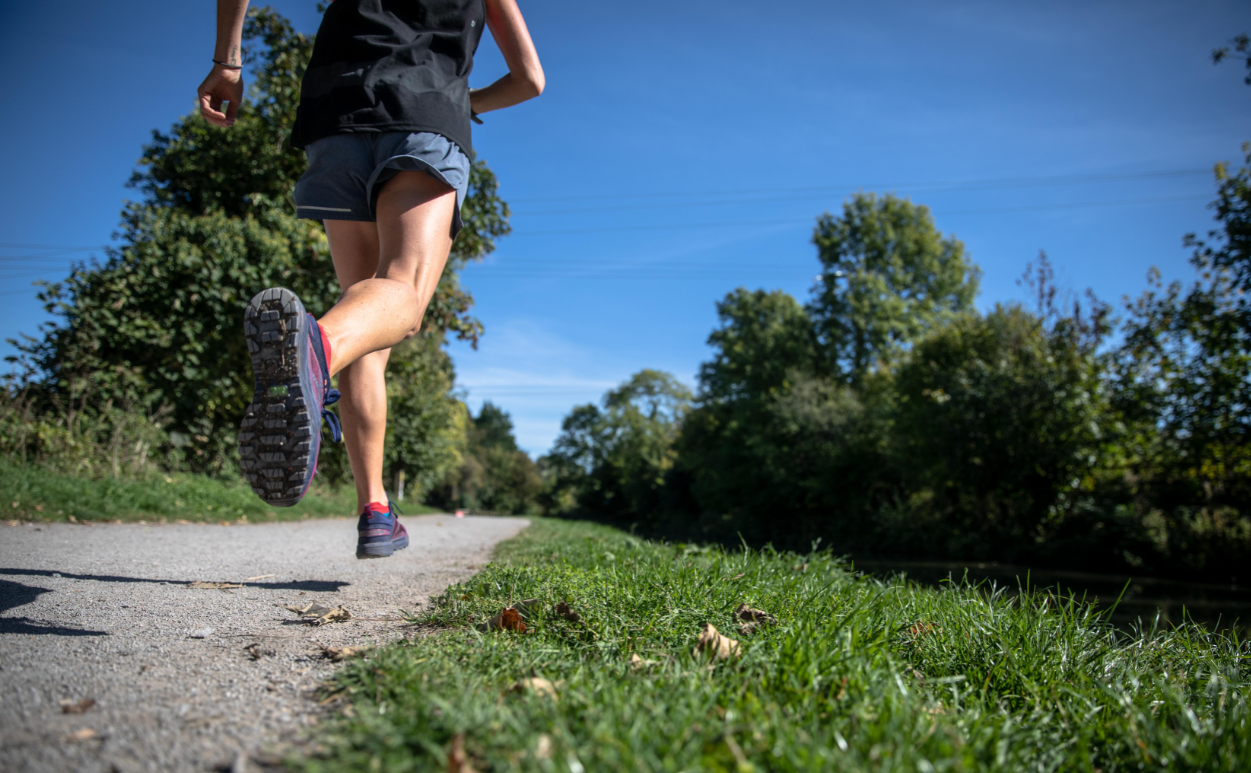Distance v. Pace: Leveling Up Your Runs
Published:
Whether you’re doing your first couch-to-5k or you’re an ultramarathoner, you’re probably running to get at least a little bit stronger and faster. There’s something about besting your PR that’s super sweet. But that begs the question: which PR should you be trying to beat?
In running, there are two key metrics you use to measure your performance. Distance is obviously pretty important if you ever plan to run a race, since races are based on the distance they span. But whether you’re run/walking a family-friendly 1k or trying to win the Boston Marathon, there’s another variable that’s going to get measured. Pace matters.
Which is more important, distance or pace?
If you’re really committed to self-improvement — or are just looking for a way to challenge yourself on your runs so they’re not super boring — you have options. You can work on your pace, tackling the distance you usually run but trying to do it faster. Or you can work on your distance, running further than you usually do.
Which is better? In most cases, it really depends.
But if you’re a beginner runner, you really should focus on distance before you start working on your pace. Adding distance (gradually, of course) helps you build up your endurance and your muscular strength. Without those things, pushing your pace could lead to you getting injured.
The case for pace
If you’re interested in getting faster, whether because you’re prepping for a race or because Sonic the Hedgehog is a personal hero of yours, go for it. Just make sure you have the endurance you need — you shouldn’t feel like you’re dying when you run. Then, if you’re ready to start getting faster, try fartleks. Funny name, effective training tool.
The case for distance
Long, slow runs are important for your body’s recovery and injury avoidance. Even if you’re pushing pace, make sure you work some of these recovery runs into your routine.
Distance running helps you build your endurance and can be super therapeutic. Plus, you’re never going to move up to that next race distance level if you don’t try to go further without getting gassed.
However you decide to up your runs, mindfulness is key. Running is a high-impact sport, which means it isn’t easy on your body. So listen to your physical self. Scaling back is way better than getting injured and sitting on the couch for weeks.